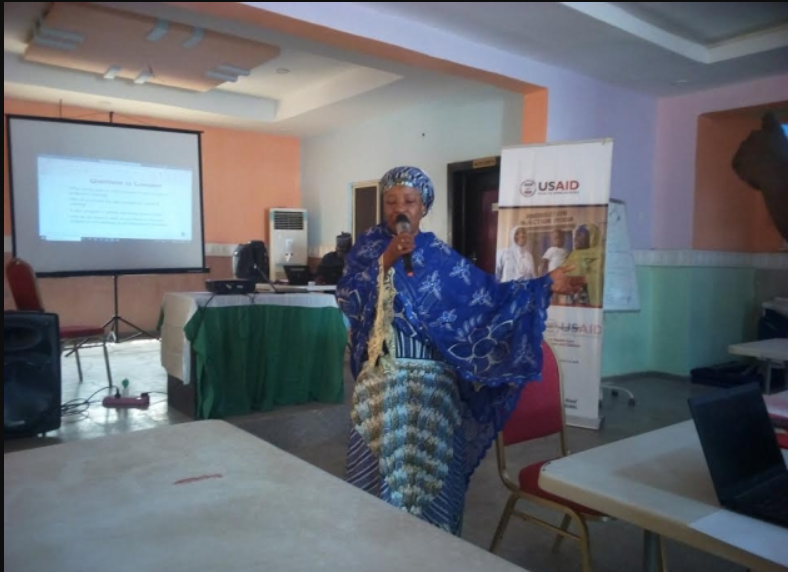
Nurses: The key to Our Future 2023
Sanjh
- 0
Overworked and underpaid! This describes most Indian nurses. India has nearly three million nurses. It seems excessive. These results are troubling given the country’s billionth population and rising illness rates and medical needs.
On May 12, Florence Nightingale’s birthday, International Nurses’ Day honors nurses’ efforts. Nurses are vital to healthcare. They’ve helped reduce health inequalities and improve everyone’s health through their unique abilities, expertise, and passion.
Healthcare practitioners learned a lot during the epidemic. During the epidemic, nurses worldwide died. Hundreds died and many became ill. Even those who didn’t have medical symptoms suffered the mental and physical toll of working long hours.
Their perseverance saved many lives and relieved misery. This epidemic highlighted how adaptable and useful nurses are in healthcare.

We never imagined that nurses make up the largest health care workforce at over 3 million. They also spend the most time providing patient care. They have unique insights and talents to improve care quality and safety alongside other health care providers.
Nursing our future
I think nurses should lead care redesign alongside other health professionals. Nurses have expanded beyond wartime services in recent years. With contemporary medicine’s achievements, they’re essential. To safeguard our healthcare, we must care for nurses beyond celebrating nurses’ day once a year.
“An experienced nurse is better than an inexperienced doctor” is true for many things. As medicine grows more specialized, so do nurses. Why not expert nurses and nurse practitioners? The Nursing Council of India wants new young talent to make this part of the Indian Nursing System shortly. Specialized nurses are crucial.
Last year’s FICCI research found that nursing is becoming less appealing and that nurses are migrating abroad, resulting in one of India’s greatest nursing shortages in years. Why can’t we develop this eco-system here? Home vaccination, as nurses did during the pandemic and now as influenza and adenovirus incidence rise, is an example.
At Cloudnine, we give nurses leadership roles, allow them to become Nurse Practitioners, and let them do registrar-like tasks like doing daily ward rounds with Consultants, giving BCG vaccines, and screening newborns. In the first few days of their babies’ lives, worried new parents might contact the nurses’ telephone triage for answers to numerous questions.

Nursing triage has improved greatly. Our nurses’ attention to lactation has increased breastfeeding success rates from 45% at inception to 96% today.
Bottomline
India is transitioning economically, demographically, and epidemiologically. Through “National Health Mission” programs, the central government now prioritizes the health sector, which formerly a state responsibility. The country faces the triple burden of disease—infectious illnesses, non-communicable diseases, and novel pathogens producing epidemics/pandemics.
The health infrastructure is already overburdened and has to be upgraded to meet these new and old issues. Many healthcare settings have shown nurses’ usefulness in illness prevention and management, therefore India’s nursing profession has to grow and contribute to addressing these new health concerns caused by economic and social changes. Nursing day reminds us to recognize and use their abilities to improve healthcare.


